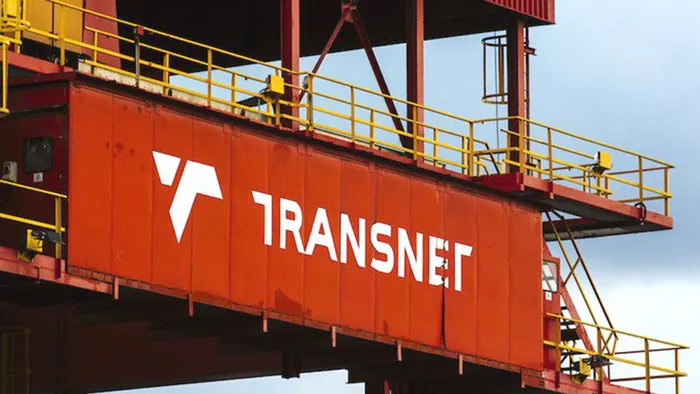
The Department of Transport's decision to allow private freight operators access to rail routes could significantly alleviate South Africa's logistics challenges and safeguard jobs, say Business Unity South Africa.
Image: File
Business Unity South Africa (BUSA) has welcomed the Department of Transport’s decision to grant 11 private freight operators access to 41 rail routes, describing it as a major reform milestone that could ease South Africa’s crippling logistics challenges and protect jobs.
The department announced that the reform could unlock more than 20 million additional tons of freight in the coming year. This will contribute to the government’s target of moving 250 million tons by rail annually by 2029.
BUSA said the move was urgent, as inefficiencies in the freight system had driven up costs and threatened jobs in mining, manufacturing, and agriculture.
“This is about saving jobs now and building a stronger economy tomorrow,” said BUSA CEO Khulekani Mathe. “The success of rail reform will be judged not only by the movement of trains, but by the movement of goods, growth in exports, and the number of South Africans who find work because logistics costs came down.”
Mathe said that allowing private operators onto the rail network ended decades of state monopoly, while stressing that the reform was not privatisation.
“That is why government and business must be clear: this is not about privatising public infrastructure. The rail network remains a national asset, owned by the state and regulated in the public interest,” he said. “What is changing is who can run trains, with more participants now allowed to bring in investment, expertise, and capacity to revive a failing system.”
BUSA director of economic policy Lunga Maloyi added that members of the organisation were ready to invest across the rail value chain.
“These investments will revive upstream industries, support local suppliers, and rebuild industrial capabilities weakened by years of neglect. Business also calls for clear, consistent regulation under the Transport Economic Regulator, so that access is transparent, fair, and designed to support long-term national goals,” Maloyi said.
BUSA said while the development was significant, it marked only the beginning of much-needed structural reform in South Africa’s logistics system. Success, it noted, would be measured by “real, visible public benefit: lower prices, better infrastructure, more exports, and decent work.”
The organisation commended the Department of Transport, the Interim Rail Economic Regulatory Capacity (IRERC), and Transnet’s Rail Infrastructure Manager (TRIM) for the progress achieved so far, pledging to work with government to ensure the reforms are carried out “with South Africans, not just for them.”
Related Topics: